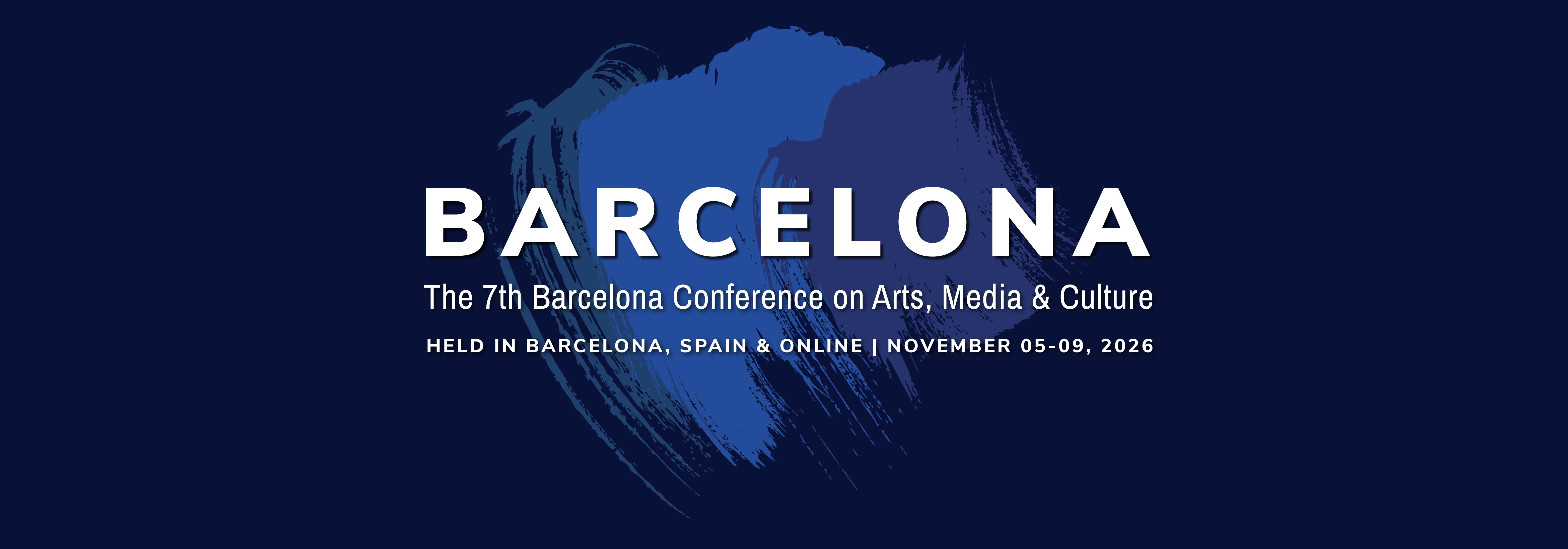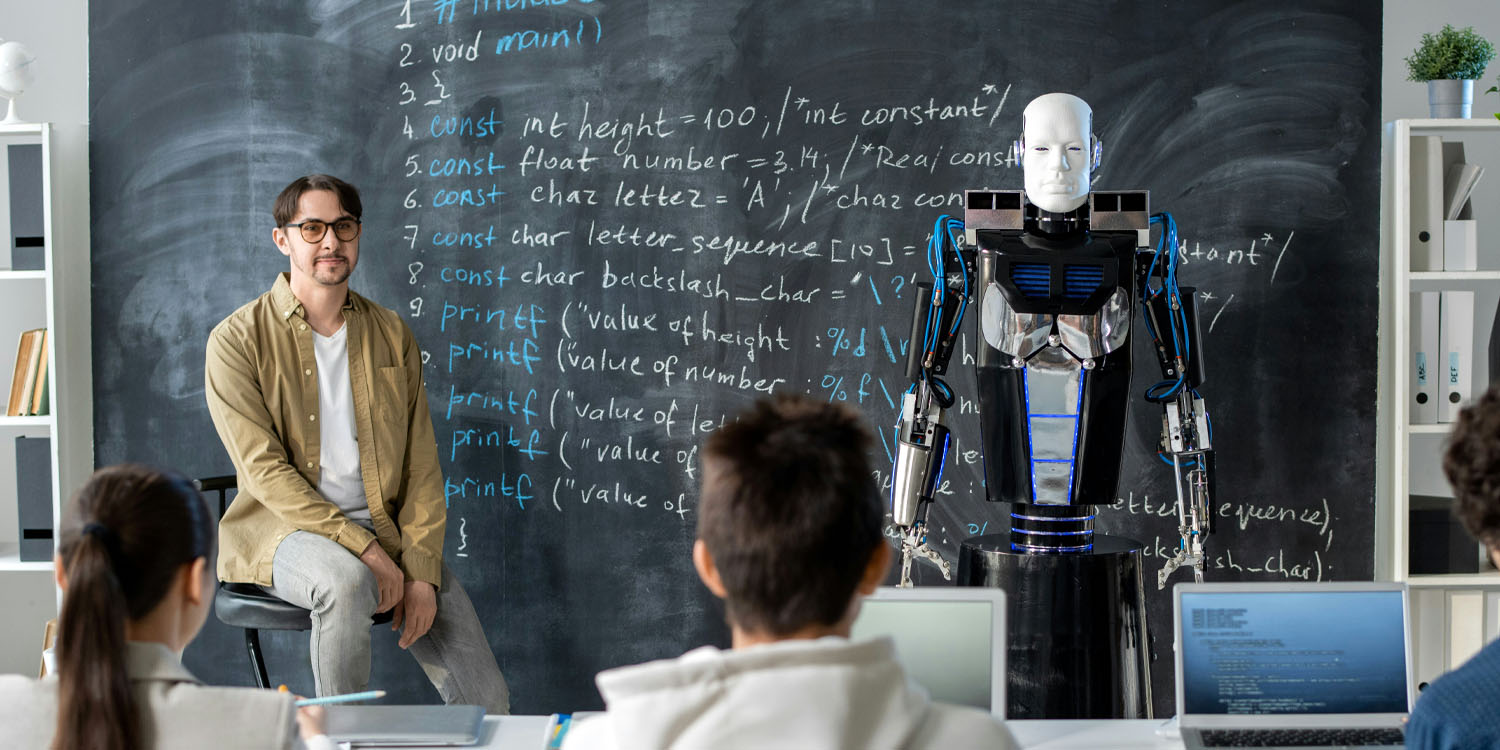Dr Carlos Delgado Kloos, Full Professor of Telematics Engineering at Universidad Carlos III de Madrid, Spain, and Chairholder of the UNESCO Chair on ‘Scalable Digital Education for All’, will deliver a keynote at The 6th Barcelona Conference on Education (BCE2025) and The 6th Barcelona Conference on Arts & Humanities (BAMC2025). His presentation, ‘AI-Assisted Instruction: Affordances and Issues’, will discuss how educators can best harness the power of artificial intelligence (AI) in the classroom while remaining alert to its ethical and pedagogical risks.
Professor Delgado Kloos’ keynote continues IAFOR’s ongoing collaboration with UNESCO, and follows a series of significant contributions at recent IAFOR conferences. At PCE/PCAH2024 in Paris, the late Federico Mayor Zaragoza, former Director-General of UNESCO, reflected on education as a foundation for peace, while at PCE/PCAH2025 this past June, Stefania Giannini, UNESCO’s Assistant Director-General for Education, highlighted the urgent need for higher education to combine the four enduring principles of education—interdisciplinarity, internationalism, independence, and innovation—with a new principle, imagination, in response to global challenges, including AI.
In this light, Professor Delgado Kloos’ address brings the conversation forward by focusing on the practical implications of AI for educators and learners. His framing of AI-Assisted Instruction (AIAI) as the next stage of computer-assisted learning resonates with Dr Giannini’s call for universities to act as laboratories of critical thought and imaginative futures. However, both stress that while AI offers opportunities for inclusion, accessibility, and innovation, its implementation in education also raises questions of ethics, equity, and responsibility.
As a UNESCO Chair, Professor Delgado Kloos embodies the shared vision of IAFOR and UNESCO: that education must remain a human-centred enterprise, empowering individuals and communities to participate fully in an interconnected world.
Carlos Delgado Kloos

His main research interests are in the field of Educational Technology. He has been involved in a large number of research projects and has published more than 600 papers (h-index 59 on Google Scholar). He has coordinated several MOOCs on edX, MiríadaX, Federica Weblearning, and Coursera with around 700,000 registrations. He has been promoting the adoption of digital micro-credentials in Spain through the CertiDigital project (certidigital.es) and has also recently recorded a MOOC about AI for Teaching and Learning, which can be followed on Coursera in Spanish and English and on Federica Weblearning in Italian.
AI-Assisted Instruction: Affordances and Issues
The use of generative artificial intelligence is no longer a choice: we already use it unintentionally, when we search the web or read email, where clients surface AI-generated summaries, and in AI-powered customer-support interactions and recommendation systems. Many countries are investing heavily in AI as a strategic priority. Adoption is accelerating across industries, and education is no exception. How can we as educators best harness AI in the classroom, and how can we avoid its potential pitfalls?
By analogy with the acronym CAI (Computer-Assisted Instruction), we as educators can use AIAI (AI-Assisted Instruction) to refer to AI in education. AI is more than typing a prompt to get an eloquent answer: today’s systems are multimodal, exhibit emerging reasoning capabilities, and can be orchestrated in multi-agent setups. New affordances and use cases are appearing every day, bringing with them new opportunities as well as uncharted challenges and risks. In this talk, we will discuss the many educational use cases of AIAI both for teachers and students, and we will also highlight some of the problems and dangers that accompany them.


